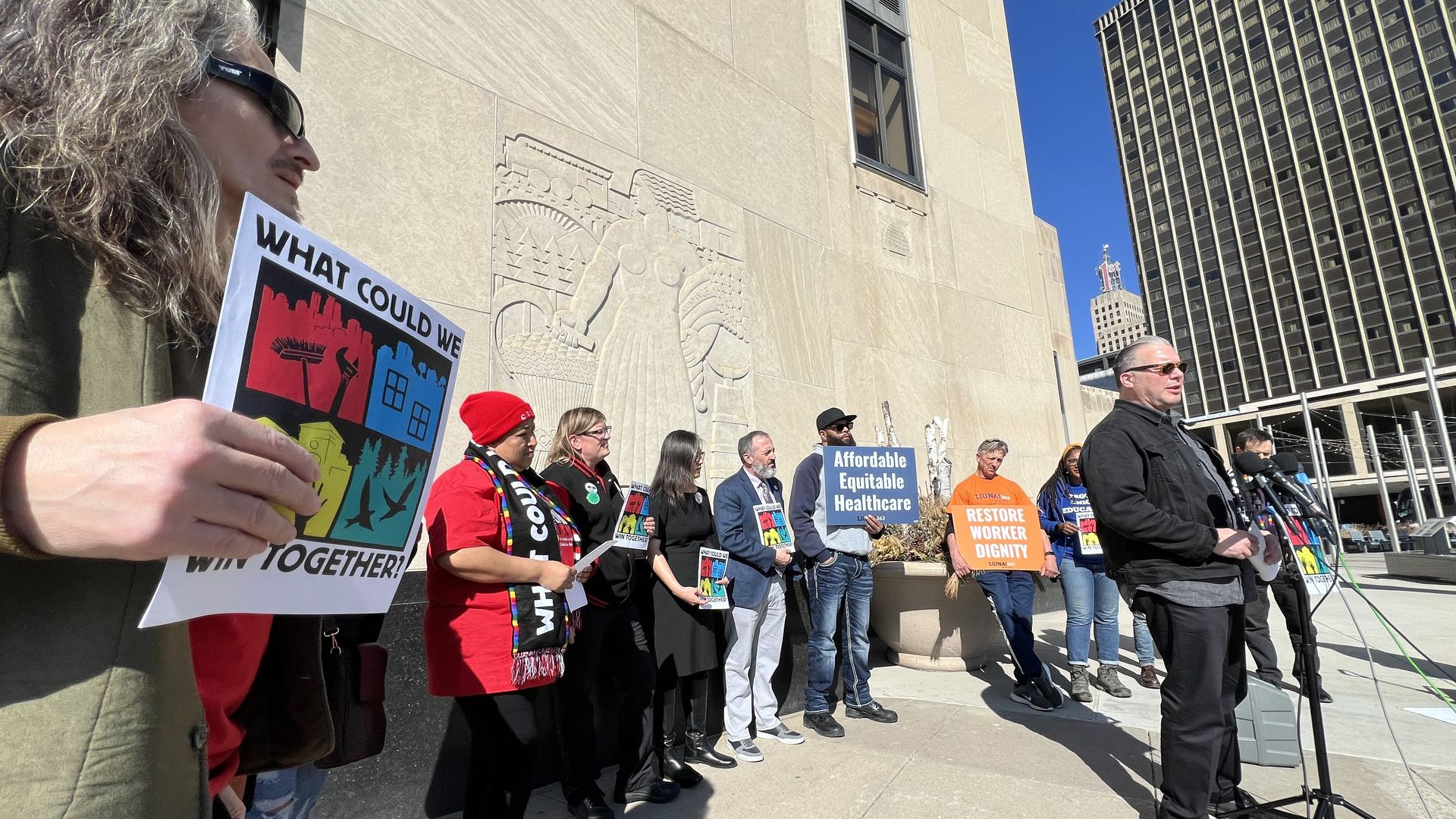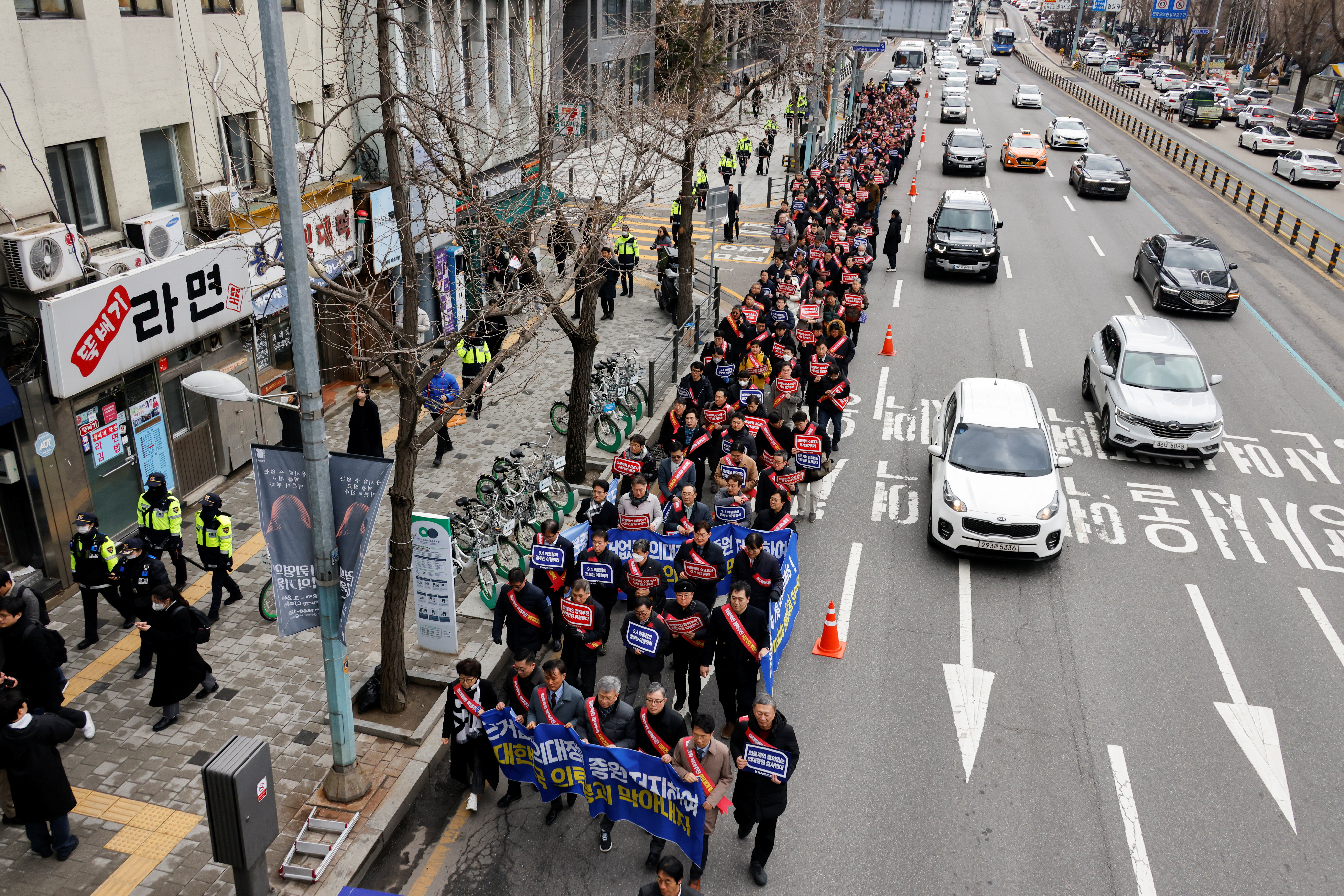700 Ubisoft workers strike in France over failed salary negotiations
"The message to Ubisoft's management is extremely clear".
Over 700 unionised Ubisoft employees working across the company's French studios have taken part in an organised day of strike action after annual salary negotiations collapsed.
The strike, organised by French game workers union STJV (Syndicat des Travailleurs et Travailleuses du Jeu Vidéo), took place on 14th February across Ubisoft's Paris, Montpellier, Annecy, Lyon, and Bordeaux studios. The STJV had called for action at the start of this month, saying annual salary negotiations had reached an unsatisfactory conclusion.
"In recent weeks," the STJV wrote in a statement shared at the time, "Mandatory Annual Negotiations on salaries have taken place in several Ubisoft entities in France, and the STJV was obviously present. Despite concerted efforts by union organisations to find an acceptable compromise, negotiations hit a wall."
The STJV accused Ubisoft management of offering a "budget for increases below inflation, for the second year in a row", saying the company was hiding behind a "purely arbitrary cost reduction policy". "How do we correlate this contempt with our CEO's exhortations to 'gain agility and efficiency'?," it wrote. "How could we accept such a low level of increases when the company boasts of a second quarter 'well beyond [our] expectations', while wanting to 'pay tribute to the exceptional commitment of the teams'? This reward system seems very poorly balanced to us."
"That a company that continues to make profits, despite multi-deficient management, decides to make employees pay to increase its profits," the union statement continued, "is simply unacceptable." The STJV finished by calling for strike action "for all French entities belonging to the Ubisoft group" on 14th February.
Following Wednesday's strike, the STJV shared an update on a social media, writing that it had "finished counting the numbers and... nearly 700 Ubisoft employees took part in the nationwide strike". It added, "The pickets were very well attended, and we're particularly grateful to colleagues from other companies and students who came out to lend their support, proving that the struggle will always bring us together."
"The message to Ubisoft's management is extremely clear, in a company where the CEO once strutted around claiming that 'when a union comes to Ubisoft, I'll leave'".
This week's strike action follows recent criticism of another French studio by the STJV. In a report published last week, the union accused Banishers: Ghosts of Eden and Jusant developer Don't Nod of mismanagement, saying, "In a studio where each project erratically follows another, time and long-term vision required for the employees' welfare is disappearing."
The STJV's concerns of employee mistreatment come in a year that has already been devastating for workers across the games industry, with at least 6,000 layoffs having been announced since 2024 began - compared to the 10,500 job cuts made across the whole of last year.


 '
'










